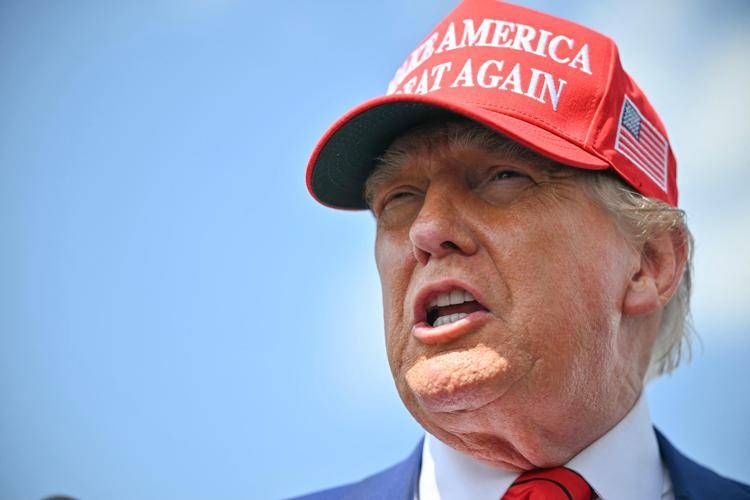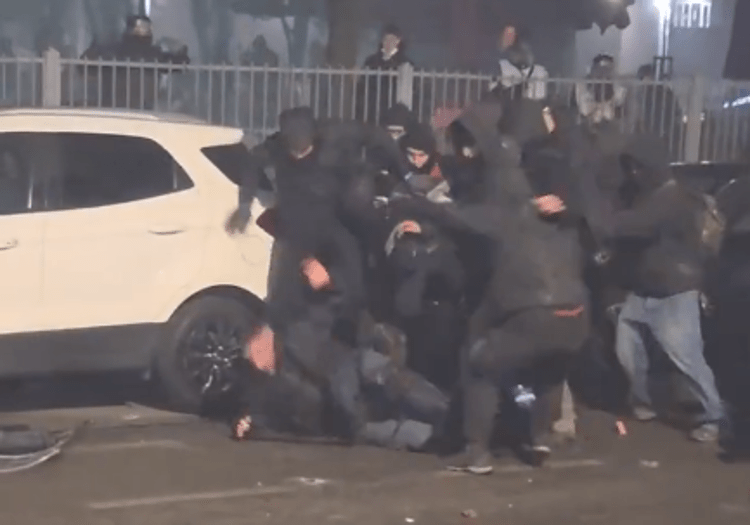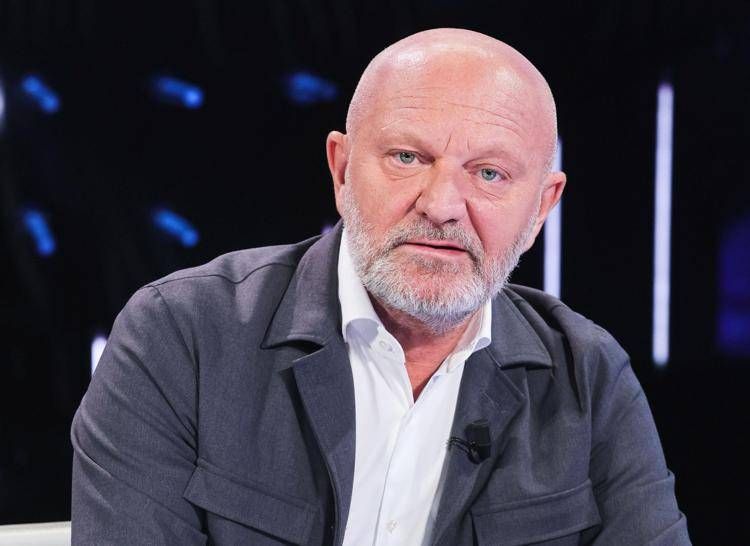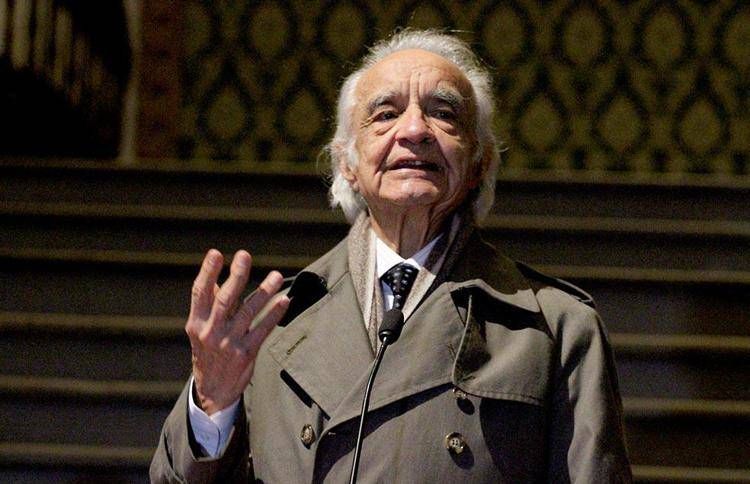
ECFR survey: Europe distances itself from Trump’s United States
-


Video shock, poliziotto aggredito negli scontri di Torino
-


Alberto Trentini e Mario Burlò sono in Italia dopo la liberazione VIDEO
-


Overnight explosions in Caracas hit military area, widespread power outages reported VIDEO
-


Attacco Usa in Nigeria contro l’Isis, Trump: “Risposta al massacro di cristiani” VIDEO
Donald Trump’s return to the White House strengthens the push for strategic autonomy among Europeans. Support for common defence is growing, but Italy is an exception
Donald Trump divides Europe. A few months after his return to the White House, a survey by the European Council on Foreign Relations (ECFR) conducted in 12 European countries confirms a growing distance between Europe and the United States. The title of the research, Trump’s European revolution, speaks for itself: the American president is no longer popular with most of the public on the Old Continent, which sees the current administration as a break with the historical values and approach of its overseas ally.
Particularly influential are aggressive choices on the international stage, such as the attack on Iranian nuclear sites, and the imprint of the Make America Great Again doctrine, which has rekindled a sovereignist reflex among European governments. Surprisingly, it is now the mainstream parties that are pushing for greater autonomy for the European Union, while in some cases it is the right that is defending the traditional transatlantic order.
Military spending and self-defence: Europe gears up
According to the survey, an average of 50% of Europeans are in favour of increasing defence spending, while 24% are against it. The exception is Italy, where as many as 57% are against greater investment in the military sector and only 17% are in favour.
Support for increased spending is particularly strong in Poland and Denmark (70%), the United Kingdom (57%), Estonia (56%) and Portugal (54%). At the same time, 54% of Europeans support the idea of developing a European nuclear deterrent that does not depend on the United States. Furthermore, 59% believe it is necessary to continue military support for Ukraine, even if Washington withdraws from the conflict.
The return of military service and generational limits
Another significant finding concerns compulsory military service: in France (62%), Germany (53%) and Poland (51%), the majority of respondents are in favour of reintroducing conscription. However, among young Europeans aged 18 to 29, support drops to 27%, while 57% are strongly opposed.
Scepticism about autonomy in the coming years
Despite the clear push for autonomy, Europeans do not believe that the EU can become independent from the United States in terms of defence within five years. Only in Denmark (52%) and Portugal (50%) is there optimism, while in Italy (54%) and Hungary (51%) pessimism prevails.
A deep divide
Five months after the new American president took office, the picture painted by the survey is clear: Europeans feel increasingly distant from the United States led by Trump, culturally, politically and strategically. NATO remains a pillar, but the sense of trust in the American ally is crumbling, pushing Europe towards a new paradigm of self-defence and political autonomy.
-

 News23 ore ago
News23 ore agoLa premier commenta la rinuncia di Andrea Pucci a Sanremo
-

 News17 ore ago
News17 ore agoAddio ad Antonino Zichichi, aveva 96 anni
-

 News14 ore ago
News14 ore agoRinvio a giudizio per Maria Rosaria Boccia dopo l’esposto di Sangiuliano
-

 News11 ore ago
News11 ore agoSassari, sequestra e tortura la fidanzata per dieci giorni: arrestato 34enne






